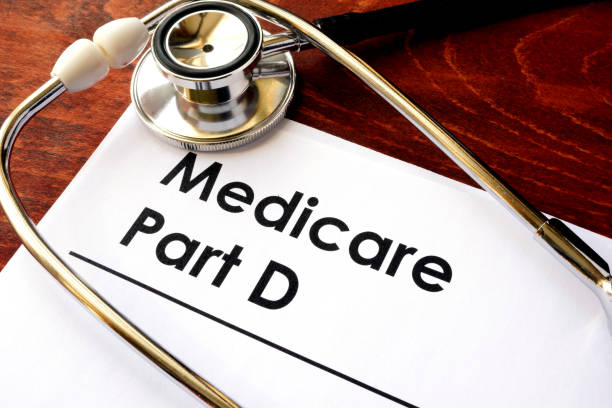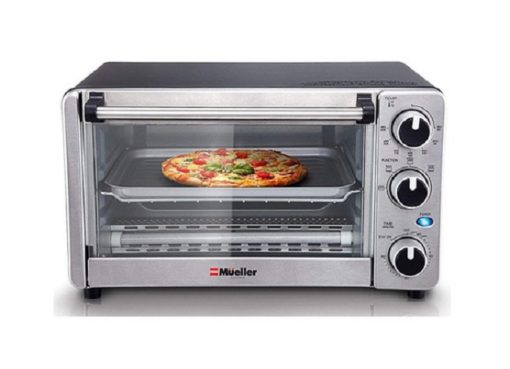Medicare
Medicare is a publicly funded health insurance program administered by the Federal government. Medicare provides health care and other services to eligible people. Medicare primarily covers people age 65 and older, but also covers people under age 65 who have been receiving Social Security disability income for at least 24 months. Medicare helps pay for: inpatient hospital services, skilled nursing care, hospice care, and home health care under certain conditions. Medicaid pays for inpatient hospital services, home health care, lab and X-ray services, nursing facility care, outpatient care, family planning, genetics, pregnancy-related services, long-term medical equipment, optometry, physical therapy, and.
Supplemental coverage is an additional cost to you. This coverage helps pay for medically necessary services and other outpatient care. Outpatient care includes services like a lab or medical equipment and some preventive services (like flu shots). Prescription drug coverage is available under Part D. Prescription drug coverage costs extra.
Medicare should not be viewed as a free and comprehensive insurance program. Medicare has copays and deductibles and can be quite expensive. For more information about Medicare, call 800-633-4227 or online at https://www.medicare.gov/.
Medicaid
Ask your case manager for information about Medicaid. Or call 2-1-1 which is the referral line for the Texas Health and Human Services Commission.
Medicaid is a state-federal-funded health insurance program. Each state has different Medicaid guidelines. In Texas, it is difficult to qualify for Medicaid. You must have a child under the age of 18 living with you. If you receive Temporary Assistance for Needy Families (TANF) or Social Security Income (SSI), you should automatically qualify for Medicaid in Texas. If you own property or have a lot of money in the bank, you may not qualify.
In addition, traditional Medicaid pays for three prescription drugs per month and unlimited prescription drugs if the person has a Medicaid plan of care. You can find more information at Texas Health and Human Services.
Documentation for Medicaid / Medicare
Acceptable documentation to verify Medicaid or Medicare or a third party may include:
- Parkland Customer Statement Unchanged
- Parkland Change Statement with acceptable documentation from the following list:
- Denial letters from Medicare/Medicaid or other insurance;
- Employment verification, such as a paystub, copy of paycheck, bank statement showing direct deposit of payroll, a letter from employer on company letterhead showing wages, not more than six months old; or
- Receipts from Medifax or another automated system (verified monthly)
Acceptable documentation for undocumented or homeless clients:
- Agency letterhead that says the client received services and is undocumented or homeless.
Hope and controversy over a drug against Alzheimer’s
Because Aduhelm is administered in doctors’ offices, it must be covered by Medicare Part B, not Part D plans, which pay for drugs purchased at pharmacies. Traditional Medicare enrollees have to pay 20% of the cost of most Part B drugs, which would translate to approximately $11,500 in out-of-pocket costs for those prescribed Aduhelm.
“The increase in the Part B premium for 2022 is continuing proof that rising drug costs threaten the affordability and sustainability of the Medicare program,” CMS Administrator Chiquita Brooks-LaSure said in a statement. release. “The Biden-Harris Administration is working to make drug prices more affordable and equitable for all Americans, and to advance drug price reform through competition, innovation, and transparency.”




